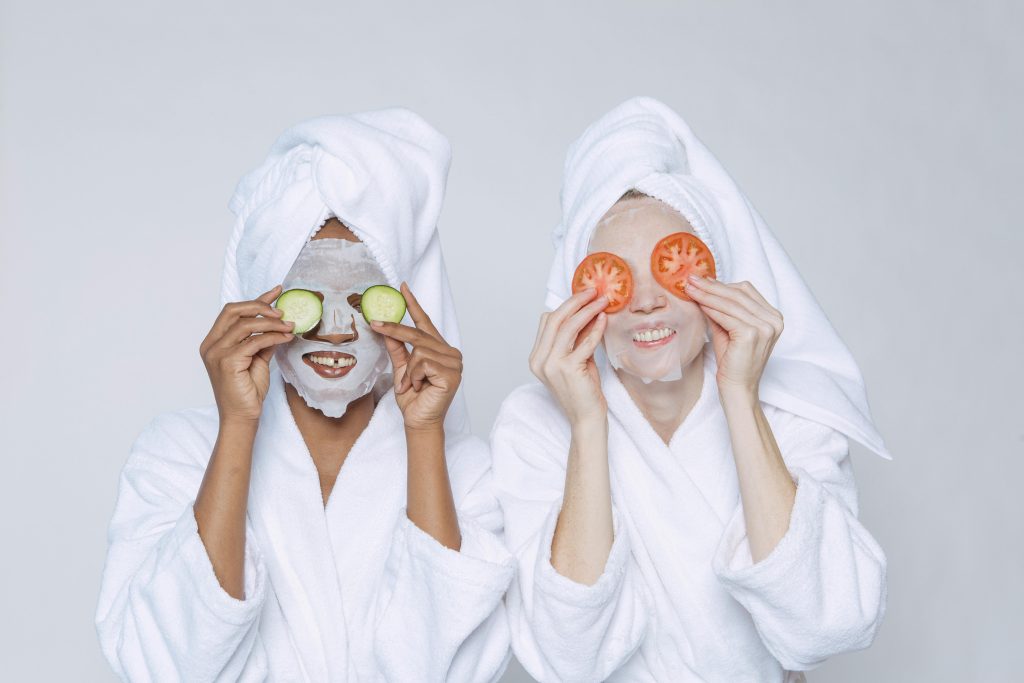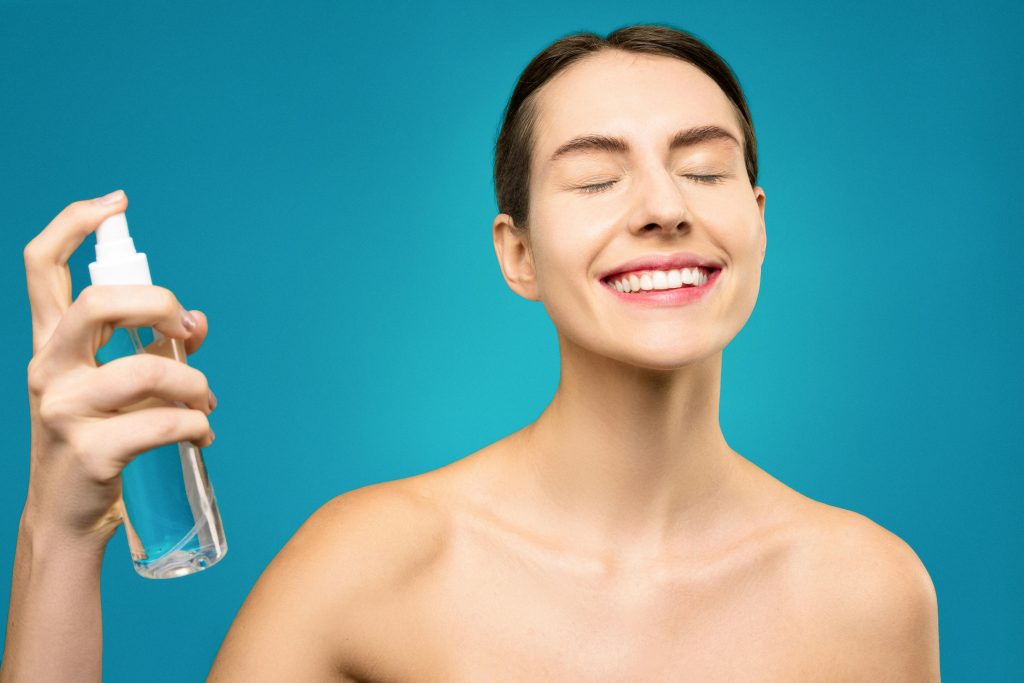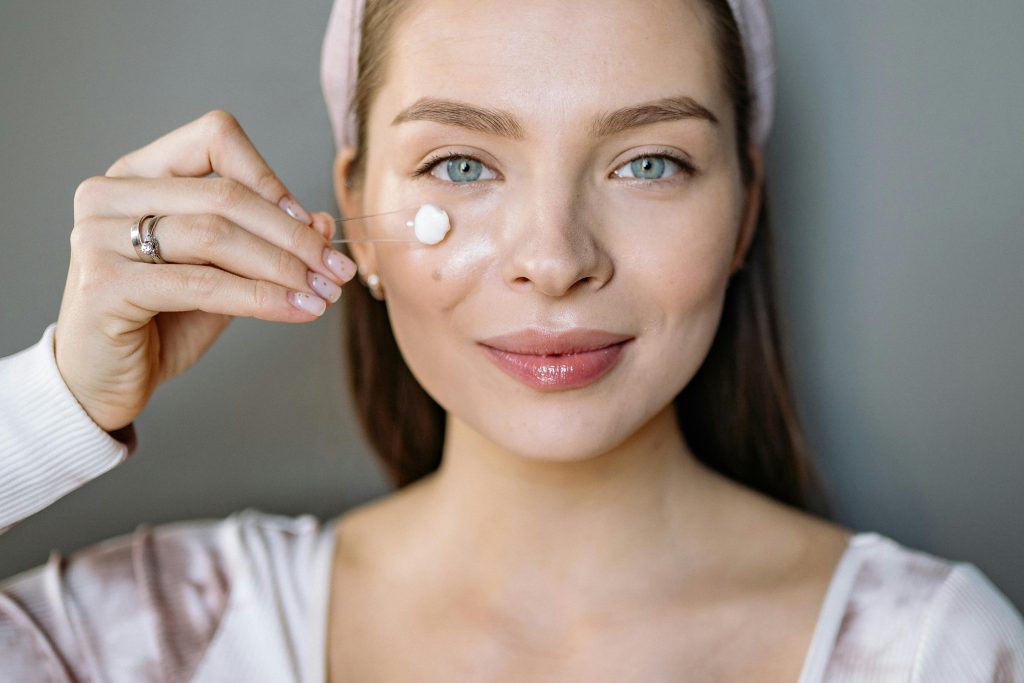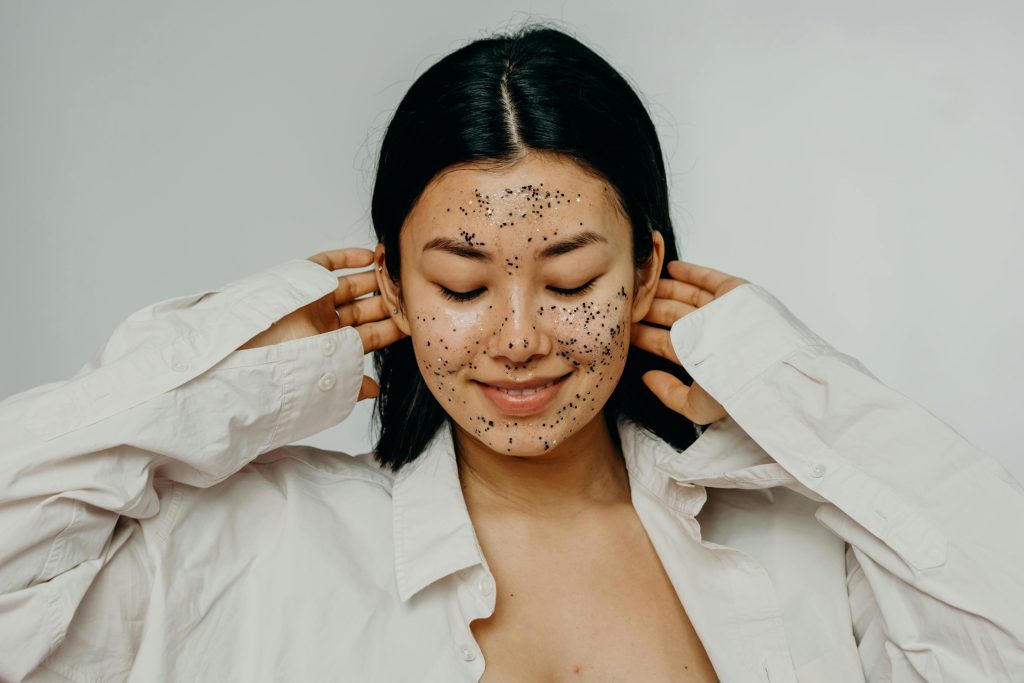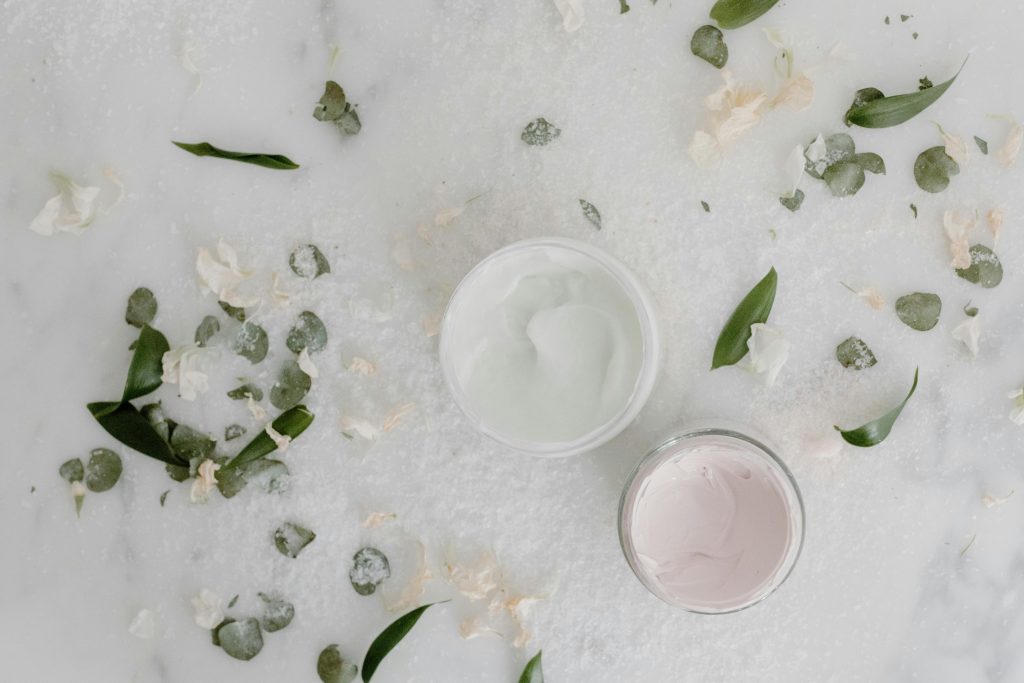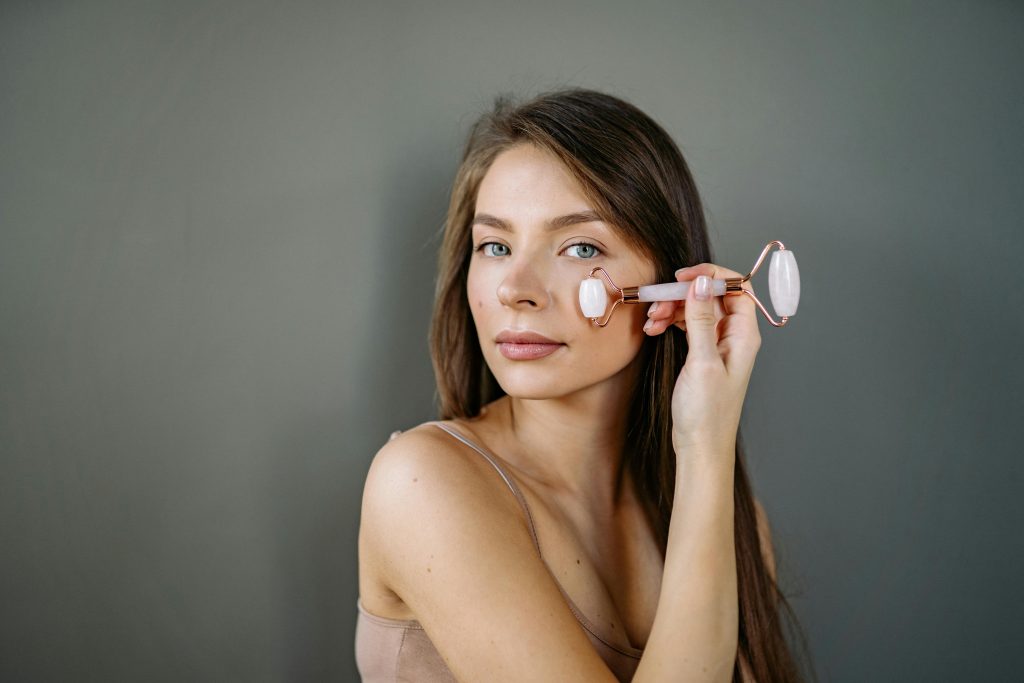
As an Amazon affiliate, I earn a commission for the products linked below.
Can Diet and Supplements Slow Down Skin Aging?
Healthy skin starts from the inside out.
While skincare products and professional treatments are important, your diet and nutritional intake play a crucial role in slowing down visible signs of aging.
The foods you eat and the supplements you take can affect collagen production, skin elasticity, hydration, and protection against free radical damage.
Many people focus solely on topical solutions, but research shows that antioxidants, essential fatty acids, vitamins, and minerals from a balanced diet or supplements can support long-term skin health, reduce inflammation, and even enhance the effectiveness of skincare routines.
In this article, we’ll explore which dietary habits accelerate aging, which nutrients and supplements support youthful skin, and practical tips for integrating them into your lifestyle.
🍏Foods That Slow Down Skin Aging
- Fruits and Vegetables Rich in Antioxidants
- Examples: Berries, citrus, spinach, kale, tomatoes
- Benefits: Protect against oxidative stress, reduce inflammation, and prevent premature wrinkles
- Healthy Fats
- Examples: Avocado, olive oil, fatty fish, nuts
- Benefits: Support skin barrier function, hydration, and elasticity
- Protein Sources
- Examples: Lean meats, eggs, legumes, dairy
- Benefits: Provide amino acids needed for collagen and elastin production
- Green Tea
- Contains polyphenols that reduce UV-induced damage and inflammation
- Whole Grains
- Benefits: Stabilize blood sugar, reducing glycation that can damage collagen and elastin
💊Key Supplements for Skin Aging
- Collagen Peptides
- Stimulate collagen synthesis and improve skin elasticity, hydration, and firmness
- Vitamin C
- Essential for collagen production and antioxidant protection
- Vitamin E
- Neutralizes free radicals and supports skin barrier function
- Omega-3 Fatty Acids
- Reduce inflammation, improve skin hydration, and maintain elasticity
- Coenzyme Q10 (CoQ10)
- Protects skin cells from oxidative stress and supports energy production in skin cells
- Hyaluronic Acid (oral or topical)
- Helps retain moisture in skin, improving plumpness and smoothness
⚠️Foods and Habits to Limit
- Excess sugar and refined carbs: Accelerates glycation, damaging collagen
- Processed and fried foods: Increase inflammation and oxidative stress
- Excess alcohol: Dehydrates skin and depletes nutrients
- Smoking: Accelerates collagen breakdown and wrinkles
🛍️Top Supplements and Products for Anti-Aging Support
- Vital Proteins Collagen Peptides – Supports skin elasticity and hydration
- Paula’s Choice BOOST C15 – Antioxidant serum for internal/external synergy
- Nordic Naturals Omega-3 – Reduces inflammation and supports the skin barrier
- Hum Nutrition Glow Sweet Glow – Vitamin C, collagen, and antioxidants for skin
- The Ordinary Marine Hyaluronics – Hydration support
FAQs About Diet, Supplements, and Skin Aging
Q1: Can diet alone prevent wrinkles?
While diet plays a key role in supporting healthy skin, it works best alongside proper skincare, sun protection, and healthy lifestyle habits.
Q2: How soon can I see results from supplements?
Some benefits, like hydration and radiance, may appear in weeks. Structural changes like improved elasticity may take 2–3 months.
Q3: Are supplements necessary if I eat a balanced diet?
Not always, but supplements can help fill nutritional gaps and boost skin-supporting nutrients.
Q4: Can antioxidants replace sunscreen?
No. Antioxidants complement sunscreen but do not provide sufficient UV protection on their own.
Q5: Is collagen more effective as a supplement or a topical?
Oral collagen peptides have been shown to support skin elasticity and hydration, while topical collagen mostly provides surface-level hydration. Combining both is often ideal.
✅Final Verdict
Diet and supplements are powerful allies in the fight against skin aging.
Antioxidant-rich foods, healthy fats, lean proteins, and targeted supplements support collagen production, reduce inflammation, and maintain hydration and elasticity.
While they can’t replace sun protection or clinical treatments, a nutrient-rich diet combined with the right supplements can enhance skin health, complement topical anti-aging routines, and slow visible aging from the inside out.



